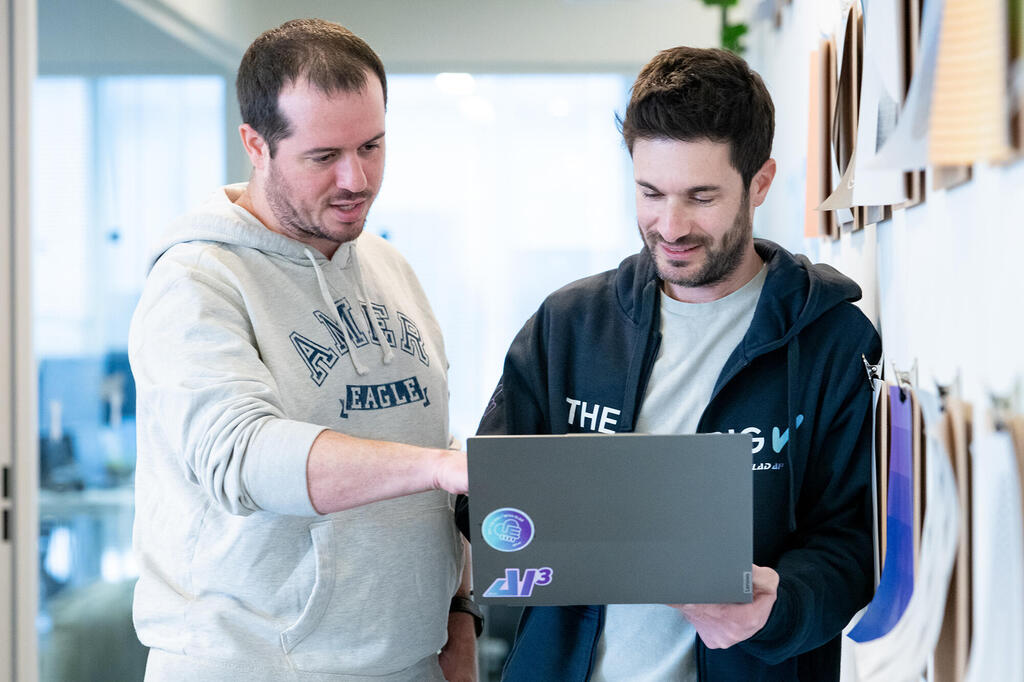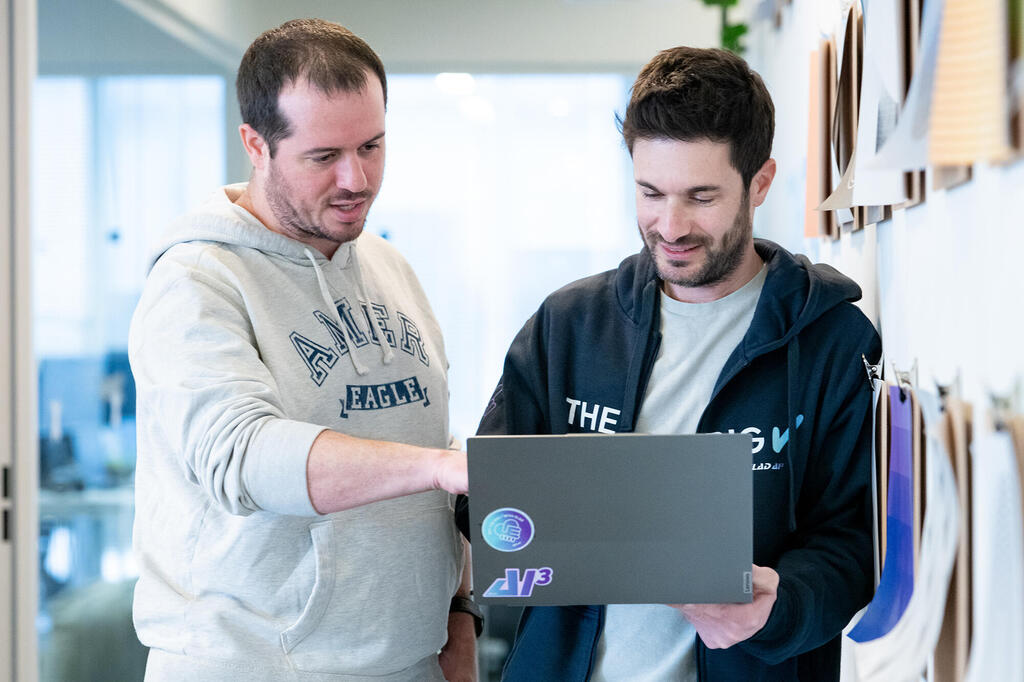The AI Revolution in Hiring: How Companies Are Adapting
The job market is undergoing a significant transformation with the integration of Artificial Intelligence (AI) in the hiring process. As AI tools like ChatGPT and Copilot become more sophisticated, candidates are using them to complete take-home assignments, making it challenging for employers to assess their actual skills.

Companies are responding in various ways to this new reality. Some are adding in-depth questions to probe a candidate’s thinking process, while others are inviting candidates for live, in-person testing. For instance, Upwind, a cloud security company, has moved its assessments to the office, where candidates are given a task on the spot and observed as they work on it. “This completely neutralizes the use of AI tools,” says Lavi Ferdman, Co-Founder and SVP of Growth at Upwind.
Other companies, like Elad Systems, are conducting in-depth follow-up conversations after the assignment to verify candidates’ thought processes. Maayan Biran Berkovitch, Recruitment Manager at Elad Systems, notes that they’ve seen cases where two candidates submit nearly identical solutions to the same task, raising questions about authenticity.
The core challenge for employers is determining with certainty whether AI was used in the assignment. Ori Eden, Head of Operations at Lasso Security, points out that candidates often blindly rely on generative AI tools without checking or engaging in critical thinking. A study by Lasso found that developers who rely on generative AI in code development may receive significantly incorrect answers.
Despite these concerns, most companies acknowledge that AI is here to stay and are adjusting their hiring processes accordingly. Yonatan Itai, VP of R&D at Cyera, emphasizes that the ability to use AI tools effectively is a new talent that candidates bring to the table. Instead of focusing on whether AI was used, Cyera looks for creativity, mental flexibility, and analytical abilities in candidates.
Shon Paz, Director of the Red Hat Regional Architects Group, believes that the hiring manager’s job is to ensure that the candidate has a deep understanding of the subject matter. If a candidate uses AI tools to complete a task, they should be able to explain their process, including the prompts they used and the edits they made.
Keren Goldberg, VP of Human Resources at Ready Group, notes that knowledge of AI is now a mandatory requirement for all positions. The company has adopted an integrated approach to AI use by job candidates, encouraging its use in some tasks while prohibiting it in others.
The future of hiring is likely to involve more AI, not less. Companies like Lightricks are already using AI-based systems to screen and evaluate candidates. Pazit Aviv, Director of Global Talent Acquisition at Lightricks, says, “Our goal is not only to assess raw abilities but also how candidates know how to harness technology to their advantage.”
As AI continues to transform the job market, companies must adapt their hiring processes to focus on the skills that matter most in the new era. This includes the ability to use AI tools effectively, think critically, and demonstrate creativity and mental flexibility.


